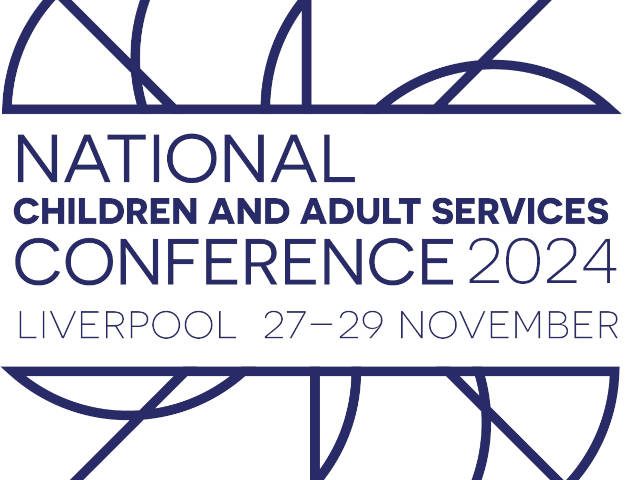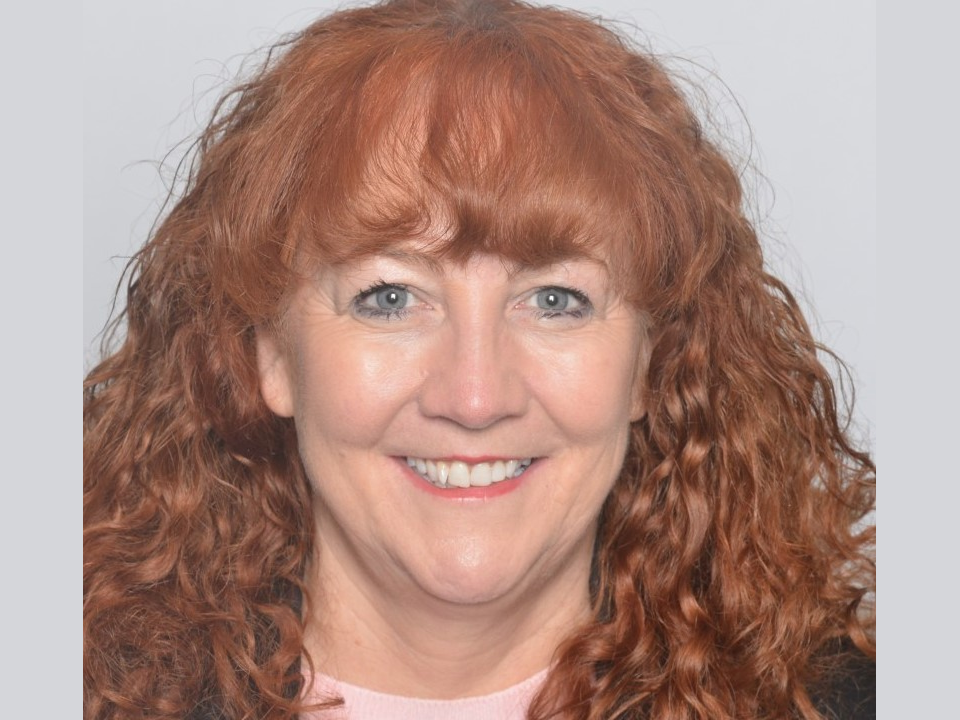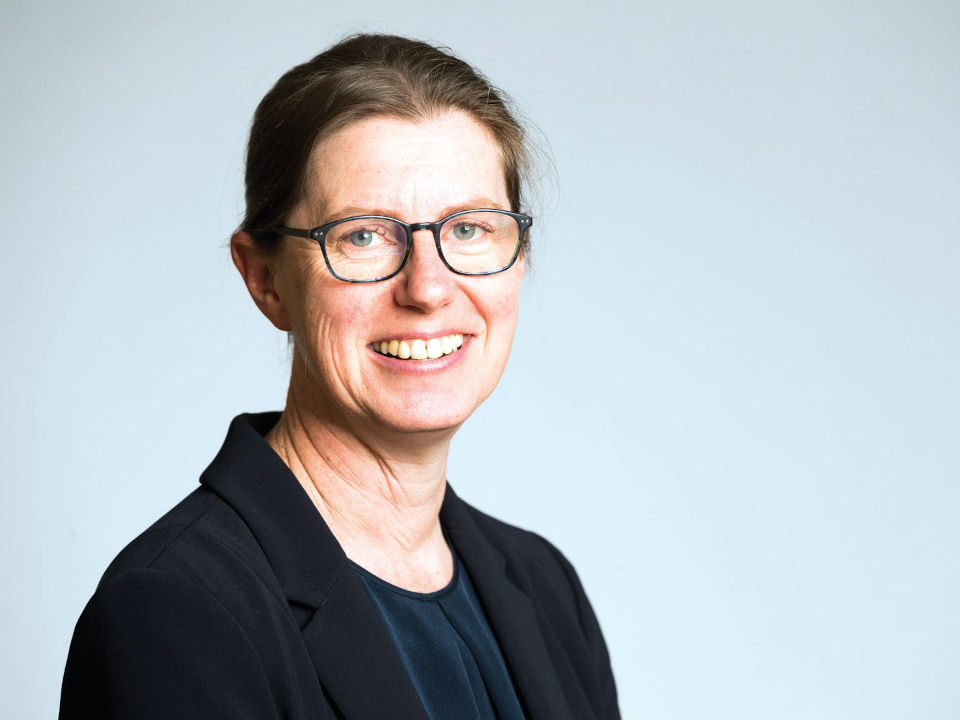
NCASC
Liverpool 2024
Last week colleagues from across the country came together in Liverpool for the 2024 National Children and Adult Services Conference.
The conference opened with keynote speeches from Melanie Williams, ADASS President; ADCS President, Andy Smith; Cllr Arooj Shah, Chair of the Children and Young People Board, LGA, and Cllr David Fothergill, Chairman of the Community Wellbeing Board, LGA.
In Andy’s speech he addressed many of the challenges local authorities are facing and the asks of government to provide funding to meet the substantial financial pressures in children’s services. He highlighted the issues around SEND, profiteering from the care of children, child poverty, housing and health. During his speech, he announced the forthcoming publication of the ninth phase of the ADCS Safeguarding Pressures research, which is a longitudinal piece of research, that brings the evidence base up to date from April 2007 to the end of March 2024.
He highlighted some key areas of interest that the research focuses on:
On the impact of Covid-19, he said:
“The lasting impact of Covid-19 on children and young people’s lives and on their outcomes is increasingly visible in growing levels of mental health need among children plus their parents and carers, via heightened inequalities, deteriorating behaviour in schools resulting in rising exclusions, as well as social and developmental delays in younger children. Families are less resilient and have more entrenched, overlapping needs and challenges as the pandemic aggravated or accelerated these. My DCSs colleagues are clear, the impact on children and young people has been significantly underestimated and will continue for many years to come.”
On housing:
“Access to good quality housing, overcrowding, use of temporary accommodation and the affordability of housing is very clearly contributing to family distress and breakdown against the backdrop of a cost-of-living crisis. Children’s services are now routinely supplementing rents under Section 17 duties of the Children Act 1989 to sustain families and keep them together. The research also draws out challenges linked to an increasingly transient population, with families moving far from their homes and communities often, due to high housing costs.”
On health:
“Health challenges came through as key themes from the research, from the impact of delayed access to assessment or treatment plans for parents and carers, particularly for alcohol and substance misuse, as well as for mental health, to growing concerns about poor mental health among adolescents. The lack of focus on, and prioritisation of, children and young people in recent health reforms and the operation of integrated care systems was also frequently raised as a concern for leaders of children’s services right across the country.”
Andy’s speech can be found here and the link to the press release is available here.
There were a range of sessions on offer across the three days of the conference. With delegates from children’s services hearing from Janet Daby MP, Minister for Children and Families, HM Chief Inspector, Sir Martyn Oliver and Sally Warren from the Department of Health and Social Care. A wide range of sub-plenaries and workshops dealing with responses to child sexual abuse, to youth violence, food insecurity, care and care leavers, regional care cooperatives, SEND, race and racism, inclusive education, mental health and parenting were also available. The Department for Education also ran two sessions on Families First for Children Pathfinders and on wider reforms to children’s social care.
Thursday concluded with the very welcome announcement from Deputy Prime Minister, the Rt Hon Angela Rayner MP, of additional funding for children’s services – both confirmation of continued funding into next year and also a pot of money to support children’s social care reform. Not only does it acknowledge the significant financial pressures in local government but will help children, young people and their families, as well as the public services they rely on to help them thrive. ADCS welcome the governments focus on early help and prevention, so we can support families to build resilience and address challenges before they escalate.
Speeches and presentations from the event will be posted onto the conference website and shared via the ADCS bulletin when available. After another enjoyable and eventful conference, we hope to see you all again at next year’s conference, held in Bournemouth, for more interesting discussion and debate.





